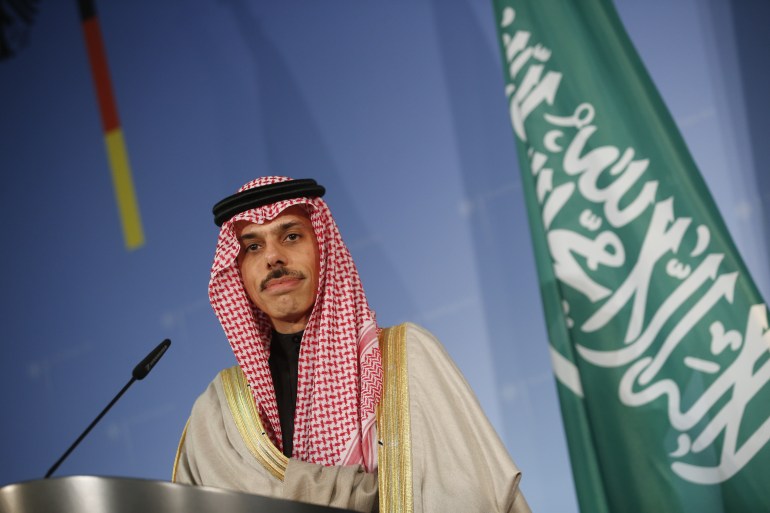Iraqi Prime Minister Mustafa Al-Kazemi said that distances have become close between Saudi Arabia and Iran to resolve their differences through the rounds of dialogue that took place and will take place in the future between the two parties in Baghdad.
Al-Kazemi added - in a press conference today, Wednesday - that the talks have reached very advanced stages, and that the size of the differences between the two parties was great and needed a confidence-building process, which is a matter that takes a long time, according to his expectations.
Al-Kazemi explained that Iraq has today become a meeting point for many countries, as there are 5 attempts to settle differences between countries that took place in Baghdad, according to the official Iraqi News Agency.
He added, "You have heard of the Iranian-Saudi dialogue, which has reached advanced stages, and there are other dialogues, all of which succeeded, and we did not announce them at the time, out of respect for the nature of the secret role played by Iraq."
relieve tensions
And he indicated that what Baghdad is doing to ease tensions has a reflection on the Iraqi economic situation and the stability of the security situation.
On May 17, the Iranian parliament member, Jawad Karimi Al-Qudsi, stated that he was scheduled to meet his country's Foreign Minister, Hussein Amir Abdullahian, and his Saudi counterpart, Faisal bin Farhan, in the Iraqi capital, Baghdad, without specifying a date.
Speaking to the Iranian Fars News Agency, al-Qudsi explained that preliminary agreements had been reached in the talks to normalize relations between Tehran and Riyadh, which began in April 2021.
He indicated that Abdullahian will discuss with Bin Farhan bilateral issues, the opening of embassies and regional issues, especially the crisis in Yemen.
Bin Farhan called on Iran to build confidence for future cooperation (Anatolia)
Negotiations and progress
For his part, Saudi Foreign Minister Faisal bin Farhan revealed - in press statements last May - that his country has made some progress in talks with Iran to restore bilateral relations, but he saw that this is not enough and that Iran must build confidence for future cooperation.
Since last year, Baghdad has hosted talks between Iran and Saudi Arabia, the last of which took place last April, to end the estrangement that extends since 2016, and to reach understandings regarding the differences between them in several files, most notably the war in Yemen and the nuclear program.
And in January 2016, Saudi Arabia severed relations with Iran, following attacks on the Riyadh embassy in Tehran and its consulate in the city of Mashhad (east), in protest of the kingdom’s execution of the Saudi Shiite cleric, Nimr al-Nimr, for his conviction on charges including terrorism.
Gulf countries, led by Saudi Arabia, accuse Iran of possessing an expansionist Shiite agenda in the region and of interfering in the internal affairs of Arab countries, including Iraq, Yemen, Lebanon and Syria, which Tehran denies, and says it is committed to good-neighbourly relations.

